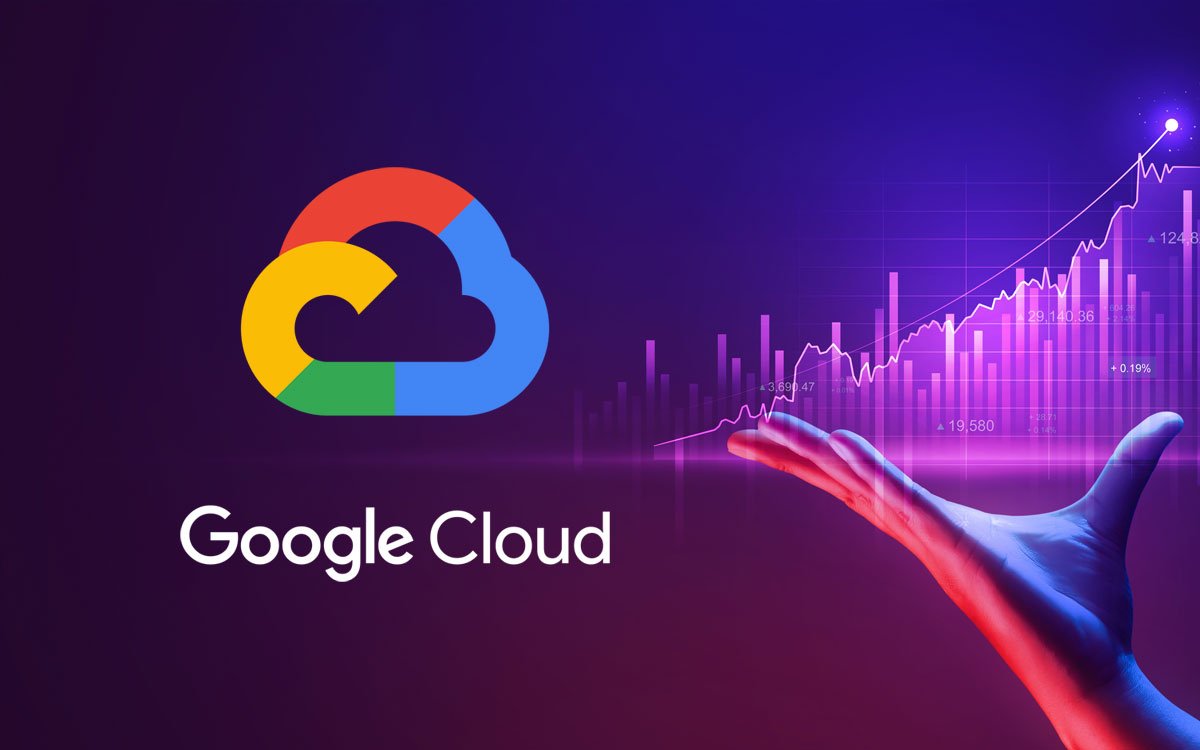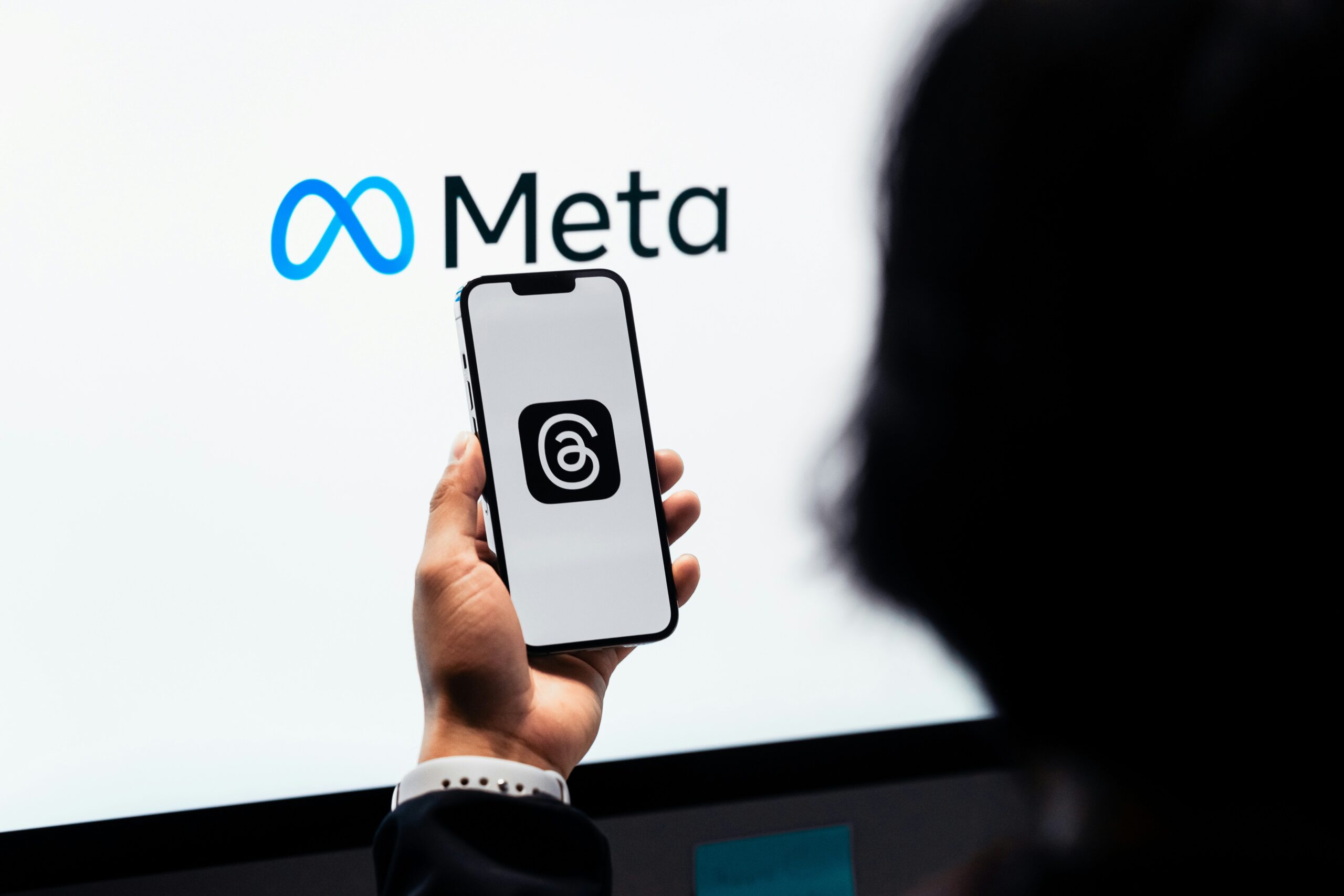Google Cloud just added two buzzy AI coding startups, Lovable and Windsurf, to its customer list, another sign that the company is quietly gaining ground in the cloud wars against AWS and Microsoft Azure.
Both startups have chosen Google Cloud as their main provider, running their products on its infrastructure and using Google’s Gemini 2.5 Pro models under the hood. Windsurf, which was recently acquired by Cognition, is even integrating Gemini into Cognition’s AI agent, Devin.
On paper, these deals aren’t huge in dollar terms. Lovable and Windsurf spend a fraction of what big AI labs or Fortune 500 enterprises do. But Google’s bet is on growth: today’s “vibe-coding” startups could be tomorrow’s heavyweights. Landing them early locks in relationships (and cloud bills) that can grow exponentially.
And Google Cloud has momentum. The division posted $43.2 billion in revenue in 2024 (up from $33.1 billion in 2023), and is on pace for a $50 billion run rate. Cloud chief Thomas Kurian says it has already lined up $58 billion in new revenue commitments for the next two years. The unit now counts nine of the top 10 AI labs and 60% of generative AI startups as customers.
Related: Lovable CEO Unshaken By Vibe Coding Rivals.
This week, at its first Google AI Builder’s Forum, the company announced over 40 new AI startups building on Google Cloud, including Sequoia-backed Factory AI and Andreessen Horowitz-backed Krea AI.
Why are AI startups flocking to Google? Two words: incentives and infrastructure. Google’s $350,000 in free cloud credits through its Google for Startups program makes the platform a no-brainer for early teams. On top of that, Google offers startup-friendly access to high-demand Nvidia GPUs, a resource that’s otherwise hard to come by.
It is no secret that running and fine-tuning AI models is staggeringly expensive. But that cost burden for startups is a windfall for cloud providers. With the global cloud market expected to hit $400 billion in 2025, and grow 20% annually for the next five years, Google knows these early wins could compound into a much bigger payoff. Can Google Cloud keep using its startup pipeline to close the gap with AWS and Microsoft? If it does, the AI boom may be remembered not just for building powerful models, but for reshaping the entire cloud hierarchy.





